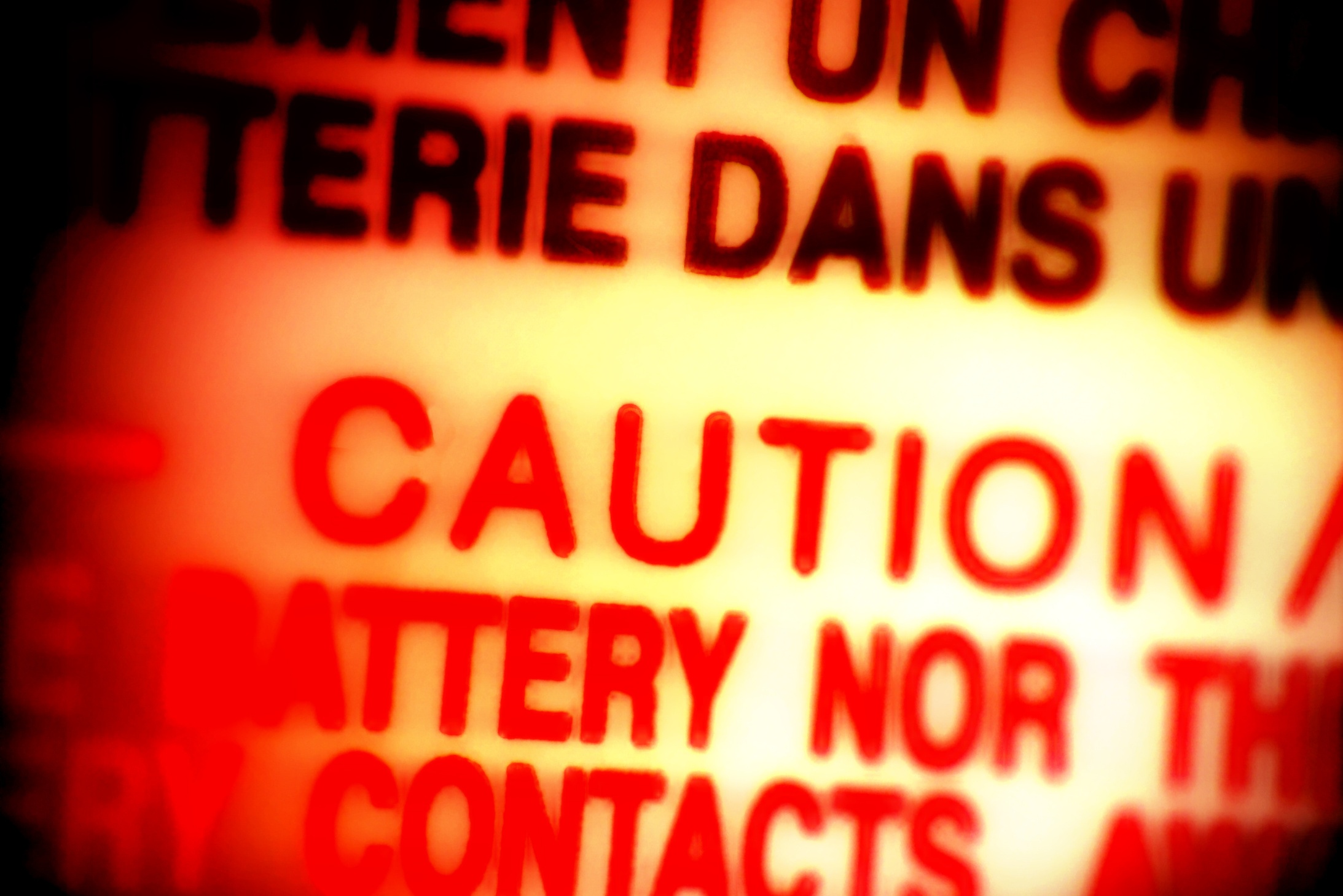Tech leaders call on EU to cut hazardous materials
A group of tech leaders is calling on the EU to ban hazardous materials being used in electronics.


A number of leaders in the technology industry are challenging the European Union (EU) to ban the use of hazardous materials in electronic products sold from the end of 2015.
Acer, Dell, HP and Sony Ericsson have joined up with ChemSec, Clean Production Action and the European Environmental Bureau to call for all brominated flame retardants (BFR) and polyvinyl chloride (PVC) to be stripped from the market and replaced with safer materials.
"The supply chain can indeed provide safer substitutes for these hazardous substances," said Nardono Nimpuno, senior policy advisor at ChemSec, in a statement.
"Our recent research report testifies to the fact that alternatives are available, cost effective and suppliers are ready to scale up their production of these alternative materials."
ChemSec, along with its partners, believe the problem is when these products are thrown away, they are often dumped outside of the EU despite it being illegal to do so and dismantled or incinerated by low paid workers.
They in turn inhale the hazardous dioxins used to make the products as they are pumped into the atmosphere, causing damage to both people and the environment.
The EU is currently working on a directive called Restrictions on Hazardous Substances (RoHS), which it is due to vote on it at the start of June, and all the organisations want the removal of BFR and PVC high on the agenda.
Sign up today and you will receive a free copy of our Future Focus 2025 report - the leading guidance on AI, cybersecurity and other IT challenges as per 700+ senior executives
"Strong substance restrictions in RoHS will drive the global market place in the electronic sector towards substances and materials that are safer for human health and the environment," said Alexandra McPherson, managing partner at Clean Production Action, in a statement.
"Companies committed to innovation and green chemistry have paid a premium for safer products, we now need RoHS to level the playing field."
Some companies are already removing the substances without regulations forcing them to do so.
Research by ChemSec showed over 500 products currently on sale such as mobile phones, computers and TVs from 28 companies had removed BFR and PVC.
Christian Schaible from the European Environmental Bureau concluded in a statement: "The objective of the RoHS directive is to protect human health and the environment and to contribute to environmentally sound recovery and disposal of electrical and electronic equipment."
"EU lawmakers should accordingly take this opportunity to eliminate these hazardous substances that are having a negative impact on recycling and the conservation of resources".
Jennifer Scott is a former freelance journalist and currently political reporter for Sky News. She has a varied writing history, having started her career at Dennis Publishing, working in various roles across its business technology titles, including ITPro. Jennifer has specialised in a number of areas over the years and has produced a wealth of content for ITPro, focusing largely on data storage, networking, cloud computing, and telecommunications.
Most recently Jennifer has turned her skills to the political sphere and broadcast journalism, where she has worked for the BBC as a political reporter, before moving to Sky News.
-
 European Commission approves data flows with UK for another six years
European Commission approves data flows with UK for another six yearsNews The European Commission says the UK can have seamless data flows for another six years despite recent rule changes
-
 Computacenter enters the fray against Broadcom in Tesco's VMware lawsuit
Computacenter enters the fray against Broadcom in Tesco's VMware lawsuitNews The IT reseller has added its own claim against Broadcom in VMware case brought by Tesco
-
 Three things you need to know about the EU Data Act ahead of this week's big compliance deadline
Three things you need to know about the EU Data Act ahead of this week's big compliance deadlineNews A host of key provisions in the EU Data Act will come into effect on 12 September, and there’s a lot for businesses to unpack.
-
 The second enforcement deadline for the EU AI Act is approaching – here’s what businesses need to know about the General-Purpose AI Code of Practice
The second enforcement deadline for the EU AI Act is approaching – here’s what businesses need to know about the General-Purpose AI Code of PracticeNews General-purpose AI model providers will face heightened scrutiny
-
 Meta isn’t playing ball with the EU on the AI Act
Meta isn’t playing ball with the EU on the AI ActNews Europe is 'heading down the wrong path on AI', according to Meta, with the company accusing the EU of overreach
-
 ‘Confusing for developers and bad for users’: Apple launches appeal over ‘unprecedented’ EU fine
‘Confusing for developers and bad for users’: Apple launches appeal over ‘unprecedented’ EU fineNews Apple is pushing back against new app store rules imposed by the European Commission, suggesting a €500m fine is a step too far.
-
 Who is John Roese?
Who is John Roese?Dell's CTO and Chief AI Officer John Roese brings pragmatism to AI
-
 Apple, Meta hit back at EU after landmark DMA fines
Apple, Meta hit back at EU after landmark DMA finesNews The European Commission has issued its first penalties under the EU Digital Markets Act (DMA), fining Apple €500 million and Meta €200m.


